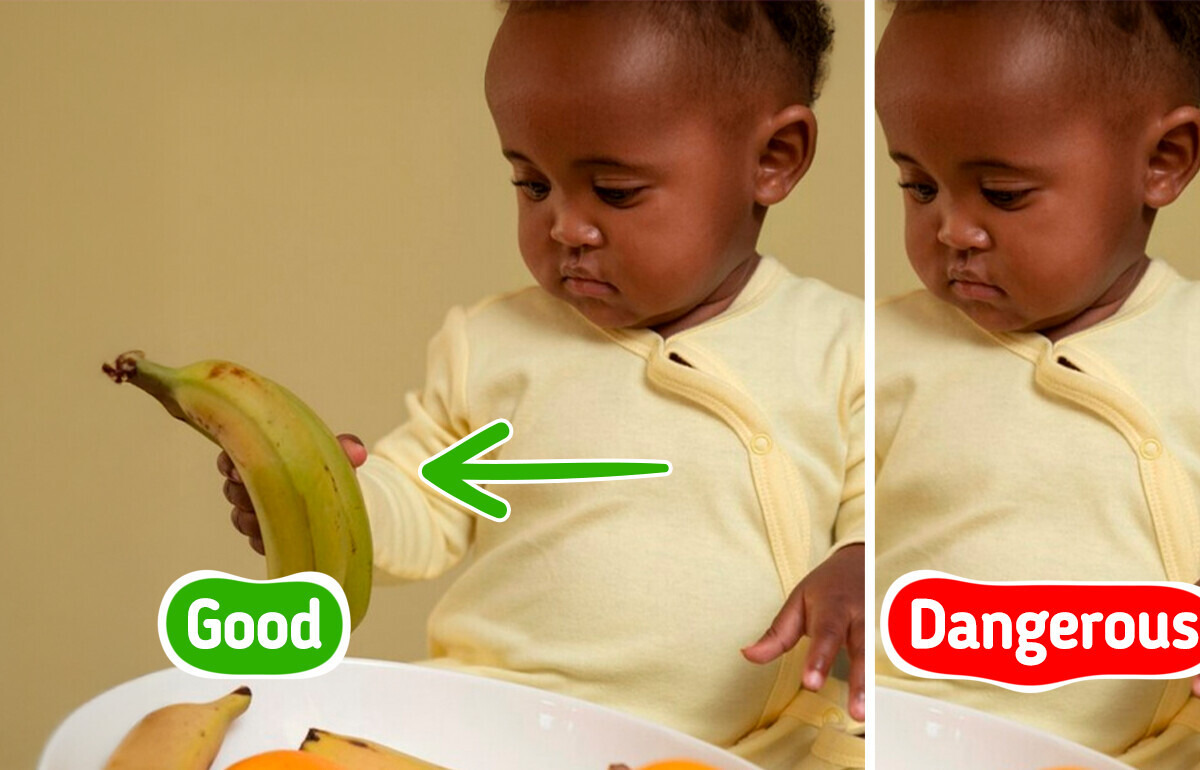I Refused to Talk to My Parents After They Chose My Ex-Wife Over Me


Breastfeeding is a beautiful and natural way to nourish your baby, but it’s not always smooth sailing. While breast milk is tailored to meet your baby’s nutritional needs, what you eat can influence its composition.
CONTENT IS PROVIDED FOR INFORMATIONAL PURPOSES ONLY AND IS NOT INTENDED AS A SUBSTITUTE OF MEDICAL ADVICE. SEEK GUIDANCE OF YOUR DOCTOR REGARDING YOUR HEALTH AND MEDICAL CONDITIONS.
Cow’s milk is the most common food sensitivity in breastfed babies. The protein in dairy can sneak into your milk and cause everything from colic, eczema, congestion, and spit-up to visible blood or mucus in your baby’s stool.
If you suspect dairy is the issue, eliminate it from your diet for 2–3 weeks and track your baby’s symptoms. If you notice improvements, you may want to avoid dairy long-term or reintroduce it gradually under guidance.
Eggs are a common allergen, especially in babies with a family history of food allergies. Proteins from eggs can make their way into breast milk and may cause skin rashes, digestive upset, wheezing, or even hives in sensitive babies.
If you suspect a reaction, try cutting out eggs (both whites and yolks) for a couple of weeks. Look out for hidden eggs in baked goods, mayonnaise, and processed foods.
Some babies don’t mind a bit of spice, but for others, spicy dishes can be a shock to the system. Foods seasoned with chili, cayenne, or curry can change the flavor of your milk and cause tummy troubles, gas, or feeding aversions in sensitive infants.
If your baby becomes fussy after spicy meals, try going mild for a few days and see if there’s a difference.
Chocolate isn’t just a treat — it contains stimulants like caffeine and theobromine, which can make their way into breast milk. This might lead to sleep disturbances, restlessness, or gassiness in your baby.
Small amounts are usually fine, but if you’re noticing a pattern, especially after eating dark chocolate, consider cutting back or switching to low-theobromine alternatives.
Fruits like oranges, lemons, and grapefruits are full of nutrients, but they’re also high in acid. This can irritate your baby’s digestive system, leading to diaper rash, spitting up, or fussiness.
Try reducing citrus intake or swapping them for low-acid fruits like pears, bananas, or avocados if you notice any issues.
Garlic has a strong aroma that can easily be tasted in breast milk — believe it or not, some babies love it, while others may refuse to nurse after a garlicky meal. It can also contribute to gas or digestive upset in some infants.
If your baby starts turning away from the breast or acts uncomfortable after nursing, try removing garlic from your meals for a few days and see if things improve.
Peanuts are a known allergen, and peanut proteins can be passed through your breast milk. In babies with a sensitivity or genetic predisposition, this could cause skin rashes, swelling, or breathing issues.
If you or your partner have a history of nut allergies, talk to your doctor about the best way to handle peanuts during breastfeeding.
Soy shows up in everything from tofu and soy milk to salad dressings and processed snacks. Like dairy, it’s a top allergen, and babies who are sensitive to cow’s milk may also react to soy. Symptoms include fussiness, eczema, gassiness, or mucus-filled stools.
Try cutting soy out of your diet and be sure to read labels carefully, since it’s often hidden under names like “soy lecithin” or “textured vegetable protein.”
Vegetables like broccoli, cauliflower, cabbage, and Brussels sprouts are nutritious but known to produce gas and bloating — and they might do the same to your baby via your breast milk.
You don’t have to avoid them altogether. Try cooking them thoroughly (which helps reduce gas-causing compounds) and eating them in moderation to see how your baby reacts.
Certain types of fish contain high levels of mercury, which can build up in your baby’s system and impact brain development. Avoid fish like shark, swordfish, tilefish, and king mackerel while breastfeeding.
Stick to low-mercury options like wild-caught salmon, sardines, tilapia, or pollock, and limit your intake to 2–3 servings per week.
Your breast milk is incredibly resilient — it adapts to your baby’s needs and offers amazing protection. But if your baby seems unusually cranky, gassy, or uncomfortable, the culprit could be something on your plate. Keeping a food diary and working with a lactation consultant or pediatrician can help identify any triggers.











